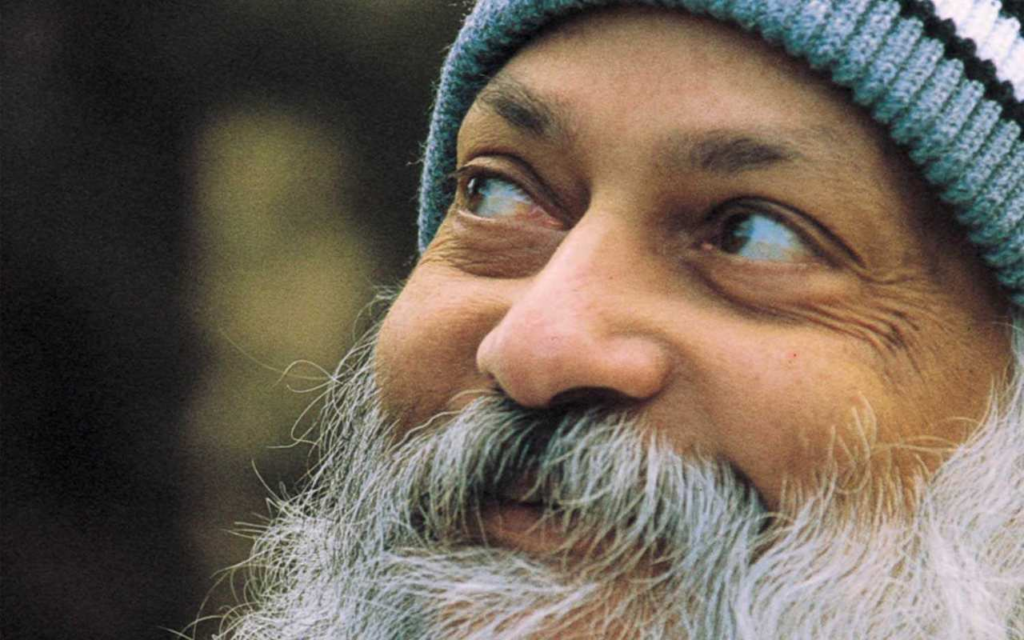Osho (formerly known as Bhagwan Shree Rajneesh), remains a complex and divisive figure in spiritual and philosophical history. Following his deportation from the United States, an extraordinary tale unfolded as he embarked on a world tour in 1986, seeking a new home for his community. Shockingly, Osho faced rejection from a total of 21 countries. Many speculate that this extensive refusal of entry was orchestrated by the United States government under the presidency of Ronald Reagan.
Let’s delve into the reasons behind these international bans, the potential role of US government pressure, and the implications for Osho’s community.
Osho’s Expulsion from the United States
To understand the circumstances of Osho’s 1986 world tour, we need to examine his forced departure from the United States. He had established a large and controversial commune in Oregon called Rajneeshpuram. This community became notorious for conflicts with local residents, culminating in crimes committed by some of Osho’s followers. These included a bioterror attack in a nearby town and immigration fraud.
Though Osho disavowed these actions, he was ultimately arrested and deported from the United States in 1985 after pleading guilty to immigration violations. The US government was determined to prevent his return, marking the beginning of an international ordeal.
The World Tour and Multiple Rejections
After departing the US, Osho and his followers set out to find a new home. However, country after country denied him entry or revoked his temporary visas. The list included nations like the UK, Greece, Italy, Uruguay, and many others. Some governments even refused his plane permission to land.
The official reasons for these denials varied, often citing concerns about Osho’s controversial past, his potential to disturb social order, and his alleged involvement in criminal activity within his organization. Yet, whispers of another force at play began to grow louder.
The Role of the Reagan Administration
There’s significant evidence to suggest that the widespread rejections of Osho were not mere coincidences. Declassified US government documents reveal that the Reagan administration actively engaged in a concerted effort to pressure countries worldwide against accepting Osho.
The rationale behind this campaign appears to be twofold:
- Retaliation and Control: Viewed as a threat due to his fiercely critical stance against American politics, religion, and cultural values, the Reagan administration may have sought to punish Osho by making him an international pariah. Limiting his ability to establish a new base would also restrict his influence.
- Anti-Cult Sentiment: The 1980s saw a rise in public concern about cults and their perceived dangers. Osho’s commune in Oregon, with all its associated scandals, fit squarely into this narrative of destructive cults. US pressure likely played on these fears to discourage other nations from offering Osho a haven.
The Impact on Osho and His Followers
The relentless rejections had a profound impact on the aging Osho. The constant travel and the stress of uncertain refuge took a toll on his health. For his followers, their hopes of establishing a new spiritual community were repeatedly dashed, creating widespread demoralization and disillusionment.
The world tour became a stark display of international fear and prejudice towards Osho, potentially fueled by US government pressure. It highlights the intricate interplay of religious and political tensions, demonstrating the lengths a government might go to suppress what it sees as dissent or threats to the established order.
Long-Term Implications
Osho eventually managed to return to India in 1987, where he lived until his death in 1990. His global ordeal brought to light the power of international cooperation when spurred by powerful nations. It also raises questions about governmental overreach, freedom of movement, and the treatment of religious minorities and alternative spiritual movements.


